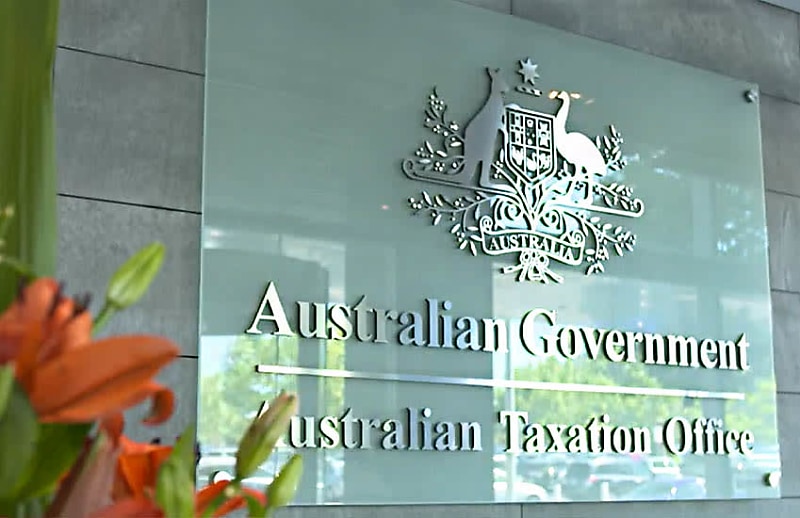ATO issues EOFY checklist to trustees
TaxThe Tax Office has created a checklist to help trustees avoid basic trust errors with the 30 June deadline for trust resolutions approaching.

The ATO has issued an End of Financial Year checklist to help trustees stay compliant and in control of their trust obligations.
The Tax Office said it was crucial that trustees and their advisers were clear about their obligations as the 30 June deadline for trust resolutions draws closer.
Understand how income is defined for the trust estate
The ATO said it is important that trustees are familiar with their trust deeds and accurately determine the income of the trust estate for each financial year.
“Common errors include actions that are inconsistent with the deed, mistaking accounting profit for distributable income, and misinterpreting trustee powers,” the ATO said.
To avoid these errors, the ATO said trustees should review the trust deed and distribute income according to each beneficiary’s entitlements. They should also review the trust deed to understand how it defines income.
Identify the trust’s beneficiaries
Trustees must also correctly identify the beneficiaries of their trust, the ATO said.
“Errors often occur when trustees fail to read the deed, distribute to non-beneficiaries, or distribute outside the family group when a family trust election or interposed entity election is in place,” it said.
Understand resolutions and present entitlement
Trustees must also ensure they make valid resolutions to appoint or distribute income to beneficiaries by 30 June of the relevant tax year.
If resolutions are not made by this date, the trustee may be liable for the tax on all income of the trust and taxed at the highest marginal tax rate plus the Medicare levy.
“Errors such as invalid resolutions and back-dated resolutions can be avoided by reading the trust deed and making clear and timely resolutions,” the ATO said.
Identify any family trust elections or interposed entity elections
The ATO has also warned trustees to be vigilant with family trusts and family trust distributions tax risks.
“A family trust is a trust where the trustee has made a valid family trust election. Family trusts can access tax concessions but, distributions made outside the family group will trigger family trust distributions tax,” it said.
“This is a specific 47 per cent tax payable by the trustee on the distribution. The Commissioner has no discretion with family trust distributions tax once it is triggered. Therefore, trustees should be vigilant about existing FTEs or IEEs in place and maintain accurate records.”
The ATO said it is seeing an increase in trustees distributing outside the family group triggering family trust distribution tax.
“To limit family trust distributions tax, trustees should be aware of all FTE or IEEs made and their family group and keep copies of all elections,” it said.
Maintain clear and accurate records
Poor record keeping is the most common cause of issues related to trusts, the ATO said.
“Trustees need to understand that they’re personally liable for the debts of the trusts they administer,” it said.
“Keeping complete and accurate records can prevent unforeseen tax liabilities falling upon the trustee.”




